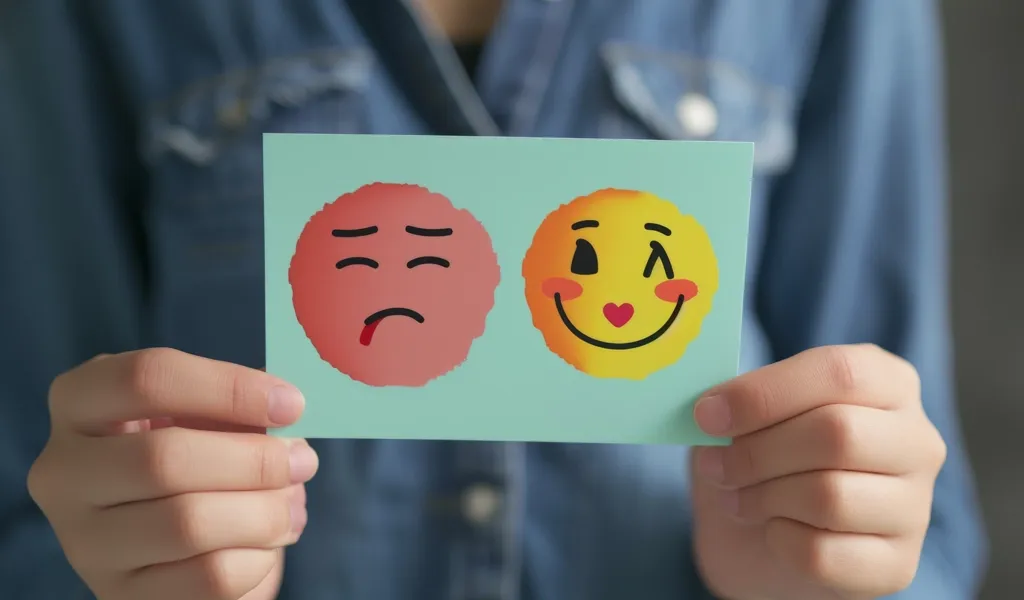DBT places a primary emphasis on mindfulness, guiding individuals to anchor themselves in the present moment. This mindfulness-based approach aids in navigating intense emotions and fostering emotional regulation. Suitable for both adults and teens, DBT has proven effective in addressing emotional dysregulation, suicidality, anger, and substance use disorders. Additionally, research indicates its efficacy in treating depression, anxiety, panic attacks, and various other mental health concerns.
Dialectical Behavior Therapy (DBT) offers a unique approach rooted in the concept of dialectics, which acknowledges that two seemingly contradictory truths can coexist. Developed in the 1970s by Marsha Linehan, DBT was initially crafted as an extension of Cognitive Behavioral Therapy (CBT). It emerged as a response to the needs of individuals deemed “incurable" within the mental health community, particularly those grappling with self-injurious behaviors and suicidality.
Dialectical Behavioral Therapy

If you're seeking effective therapy tailored to address emotional challenges and foster resilience, consider DBT as a transformative path towards emotional well-being and personal growth.
DBT's success is attributed to its comprehensive and holistic approach, addressing both the underlying emotional vulnerabilities and maladaptive coping mechanisms. By equipping individuals with practical skills and fostering a compassionate therapeutic environment, DBT empowers individuals to lead more balanced, fulfilling lives.
Research has consistently demonstrated the effectiveness of DBT across diverse populations and settings. Studies have shown significant reductions in self-harm behaviors, suicidality, and symptom severity among individuals receiving DBT treatment. According to the National Institute of Mental Health (NIMH), DBT has been associated with a reduction in suicidal behaviors by up to 50% and a decrease in hospitalizations for mental health concerns.
Key techniques employed in DBT include radical acceptance, emotional regulation strategies, grounding techniques, and mindfulness exercises. Through these techniques, individuals learn to accept their experiences without judgment, regulate their emotions effectively, and cultivate a deeper sense of self-awareness and resilience.



